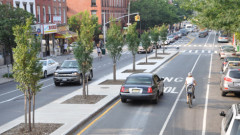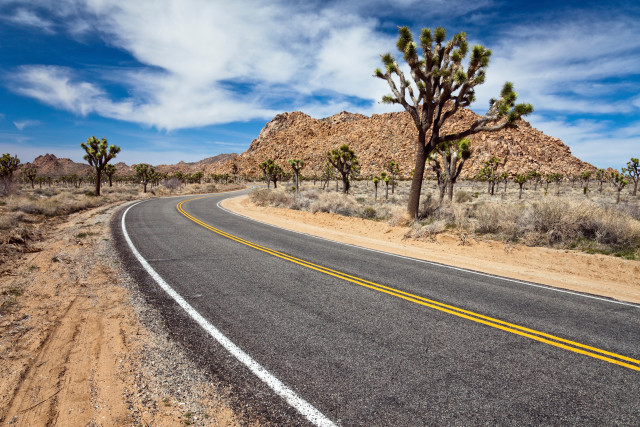Working to ensure an efficient and sustainable transportation future for the West.
Life is full of activity. Going to work. Taking your kids to school. Going to the grocery store. So how do you get around to all of these daily experiences? Chances are, you use transportation. Our transportation systems are the connective tissues of our communities and you don’t need to sit in hours and hours of traffic to know that when this system fails, it can affect everything. That’s why working to improve our transportation systems is one of our main areas of focus at the Sonoran Institute.
 Transportation is more than just getting to work on time or making it to an appointment. Inefficient transportation can mean less worked hours, less pay and even a weakened economy. It can mean unsafe travel conditions, accidents, property damage, injury and even death. So what are we doing about it?
Transportation is more than just getting to work on time or making it to an appointment. Inefficient transportation can mean less worked hours, less pay and even a weakened economy. It can mean unsafe travel conditions, accidents, property damage, injury and even death. So what are we doing about it?
When creating an effective and efficient transportation ecosystem, it’s critical that we communicate the importance of communities, environment and economy.This requires studying, testing and verifying unique approaches to some challenges that are very specific to the West. Heat, weather, rapid growth and economic development — all of these factors must be taken into account.
One example of our dedication to sustainable transportation is the work we’ve done with the Interstate 11 Corridor. Our research and reports found that, if planned properly, the proposed “multimodal” corridor (heavy shipping rail, highway, energy transmission, data, etc.) could achieve positive economic goals with minimal harm to the natural environment.

